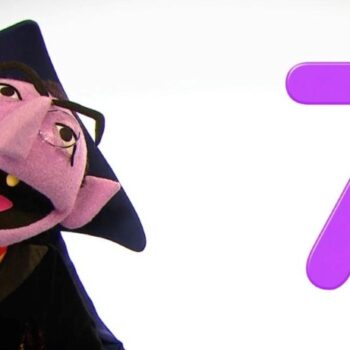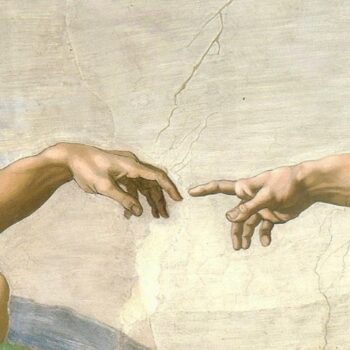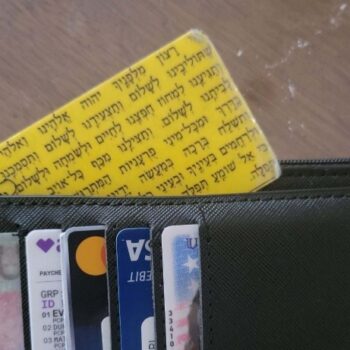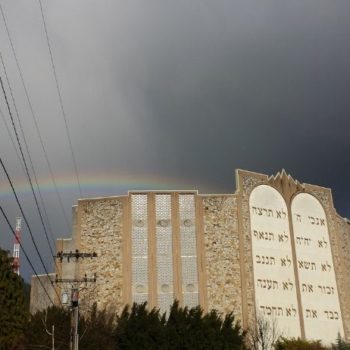You might be surprised by how much I’m asked about the meaning of numerical values in Judaism. Whatever power you might or might not ascribe to them, there are certain numbers whose repetition bears noting. The number 7, for example.
In our morning prayers, we read the blessing “Baruch atah Adonai, Eloheinu Melech haOlam she’asani b’tzalmo.” Blessed are You, Adonai our God, ruler of the universe, who made me in God’s image. Many read this blessing as gratitude to God for creating us in the first place. I read this as an opportunity to remember that I was created in God’s image, but so was every other human.
When we say “Blessed is the true judge” in moments of hardship, we’re not blessing the suffering itself; we’re affirming our faith in God’s wisdom and justice, even when we cannot understand it.
It’s in this week’s parshah when the first blessing of the ill is offered, and we actually see several variations. This blessing in Parshat Vayera doesn’t look quite like it does today.
Whether it’s a short trip from your home to camp in the summer, or venturing out to explore the world, the traveler’s prayer can connect us to our hearts, and the grounding of home.
When we take the time to take in the rainbow, to pause and remember that the covenant God made comes with expectations of humanity to treat one another with kavod, respect, we renew our covenant with God and create a kehillah kedosha, a holy community.
How often do you take the time to take a step back, zoom out, and just marvel at a moment in time? What about a project or event? After each part of creation, the text teaches us that God “saw that it was good.” This action models presence and gratitude in a way we might not be accustomed to.










